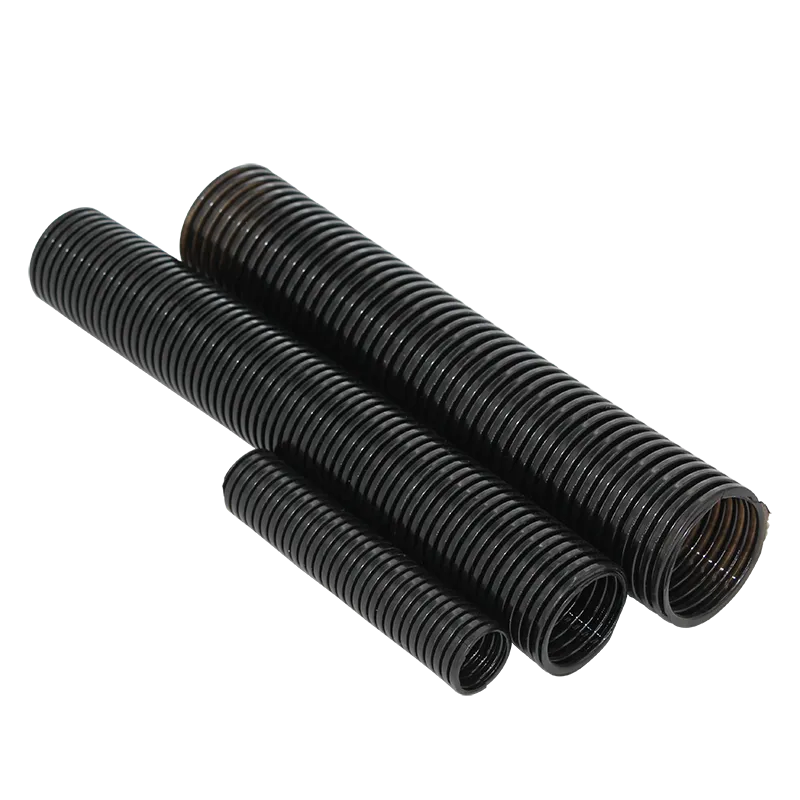Innovative Solutions for Energy Chain Cable Management in Industrial Applications
Understanding Energy Chain Cable Carriers An Essential Component in Modern Machinery
In the realm of machinery and automation, the efficiency and reliability of operations often hinge on the effective management of cables and hoses. Herein lies the critical role of energy chain cable carriers, also known simply as cable carriers or drag chains. These innovative components are essential for safeguarding moving cables and hoses, ensuring seamless operation in various industrial applications.
What is an Energy Chain Cable Carrier?
An energy chain cable carrier is a flexible, segmented structure that supports and organizes cables, wires, and hoses while allowing them to move freely along a predetermined path. Designed to protect these vital components from wear and tear, cable carriers help to prevent tangling and damaging, which can lead to system failures and costly downtime.
Energy chain systems are typically constructed from robust materials such as plastic or metal, ensuring durability and resistance to environmental factors like heat, moisture, and chemicals. Their modular design allows for customization in length, width, and additional features, making them suitable for a wide range of applications, from industrial machinery to robotics, automation systems, and beyond.
Advantages of Using Energy Chain Cable Carriers
1. Enhanced Cable Protection The primary function of a cable carrier is to shield cables from abrasion, chemical exposure, and environmental hazards. This protection significantly reduces the risk of cable damage, leading to increased lifespan and fewer maintenance requirements.
2. Improved Movement and Flexibility Energy chain systems allow for smooth, unrestricted motion of cables and hoses, accommodating a variety of movement patterns, including rotary, linear, and three-dimensional motions. This flexibility is crucial in dynamic environments where machinery frequently moves or shifts.
3. Organization and Space Management Cable carriers keep cables neatly organized and out of the way, which not only improves safety by preventing tripping hazards but also optimizes space within machinery and work environments. This organization facilitates easier maintenance and repairs, thereby enhancing overall operational efficiency.
4. Customizable Solutions With the ability to customize the size, shape, and configuration of energy chain cable carriers, engineers can design solutions tailored to specific machinery and applications. This customization ensures compatibility with existing systems and maximizes performance.
energy chain cable carrier

5. Cost-Effectiveness Although there may be an initial investment associated with installing energy chain systems, the long-term savings derived from reduced cable replacement costs and minimized downtime can be substantial. By protecting critical components, businesses can avoid costly repairs and disruptions.
Applications of Energy Chain Cable Carriers
Energy chain systems find utility across a diverse array of industries, with applications including
- Manufacturing and Assembly Lines In environments where machinery operates continuously, cable carriers ensure that electrical and pneumatic lines remain secure and functional.
- Robotics In robotic applications, energy chain cable carriers enable flexible movement while protecting sensitive robotic wiring and tubing.
- CNC Machinery Computer Numerical Control (CNC) machines benefit from cable carriers that maintain cable integrity during complex movements.
- Material Handling In conveyor systems and material handling equipment, energy chain carriers help manage power and control cables, ensuring smooth operation.
Conclusion
In conclusion, energy chain cable carriers are indispensable in modern machinery and automation systems. Their ability to protect, organize, and streamline the movement of cables and hoses translates into enhanced operational efficiency, reduced maintenance costs, and prolonged equipment longevity. As industries continue to evolve and adopt advanced technologies, the importance of these cable carriers will only grow, highlighting their crucial role in the future of engineering and manufacturing. Whether in a factory, robotics lab, or automation line, energy chain cable carriers stand as a testament to innovation in cable management and operational excellence.








